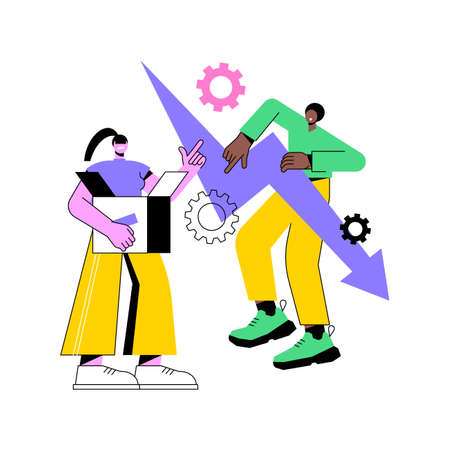
Management, Society and New Forms of Work will introduce themes in the sociology of work, focusing on how changes in technology, society, and the economy have important implications for how work is organised.
The organisation and labour of work have always been dynamic in form, changing and evolving with technological developments, ideas around management and governance, and the shifting global distribution of economic power, amongst other factors. Since the last quarter of the 20th century, debates surrounding the future of work have coalesced around several axial themes, including the decline of industrial manufacturing, the importance of knowledge and creative work, the rise of non-standard employment, and the increasing significance of the global south.
Drawing on theoretical perspectives from sociology and social theory, as well as philosophy and political economy, this module will explore, at an advanced undergraduate level, the evolution of work practices as well as ensure that all who take it have a secure understanding of the emergence of the sociology of work as an essential field of study within the social sciences.
By focusing upon the broader sociological context within which these workplace and organisational challenges are arising, this module will help prepare students for the realities of contemporary work and management by paying attention to a range of developments in its organisation.Module Aims
The aims of this module are:
To critically understand contemporary changes in work, organization with particular reference to new technologies.
To situate these changes in the context of wider societal and political-economic changes.
To provide a theoretical framework for analysing and critiquing these changes and to understand their implications for control and resistance in contemporary management and the labour process.
To introduce a range of empirical examples of new organizational forms.
Understand the dimensions of contemporary circuits of production and consumption.
To be able to situate knowledge work and affective labour within these wider circuits.
Module Learning Outcomes
By the end of this module, students will be expected to be able to:
Understand the implications of changes in technology, society and the economy for management, work and organization.
Have an appreciation of the ways in which new forms of labour and organization both shape and are shaped by these wider changes.
Transferable Skills
By the end of this module, students will be expected to possess the following skills:
A1 Synthesis and bringing together concepts and ideas
A2 Critical thinking
A3 Evaluation of evidence
A5 Recognise rival conceptual ideas
D4 Analysing Academic Literature
C5 Argumentation / Essay writing skills
M1 Understand and work with social media and media analytical tools, including social marketing skills